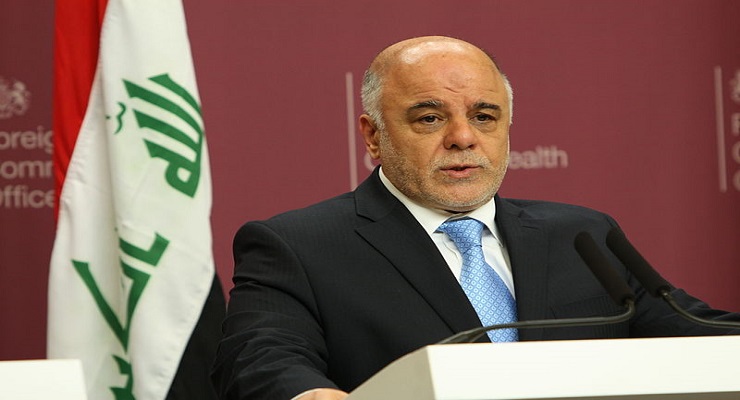
Eleven Iraqi political groups, including those led by cleric Moqtada al-Sadr and Prime Minister Haider al-Abadi, announced an alliance on Sunday that would be the majority bloc in the newly elected parliament.
The alliance includes 177 lawmakers from 16 electoral lists, a document published by the state news agency showed. It is now in pole position to form the country’s next government.
Iraq’s parliament contains a total of 329 seats and is set to convene for the first time on Monday, when it will elect a new speaker and launch the process of forming a government.
The new alliance includes the blocs of Vice President Ayad Allawi and Shiite Muslim cleric Ammar al-Hakim, as well as several Sunni Muslim lawmakers and ones representing Turkmen, Yazidi, Mandaean and Christian minorities.
It does not include Kurdish groups. Since Saddam Hussein was toppled in a 2003 U.S. invasion, power has been shared between Iraq’s three largest ethnic-sectarian components. The prime minister is a Shiite Arab, the speaker of parliament a Sunni Arab, and the president a Kurd.
Iraqis voted in May in their first parliamentary election since the defeat of Islamic State’s self-declared caliphate, but a contentious recount process delayed the announcement of final results until last month.
Uncertainty over the makeup of the new government has raised tensions at a time when public impatience is growing over poor basic services, high unemployment and the slow pace of rebuilding after the war with Islamic State.
The recount delayed the process by three months but showed little had changed from the initial results, with Sadr, a populist Shiite cleric, retaining his lead of 54 seats. Abadi’s bloc remained third with 42.
Leave a Reply